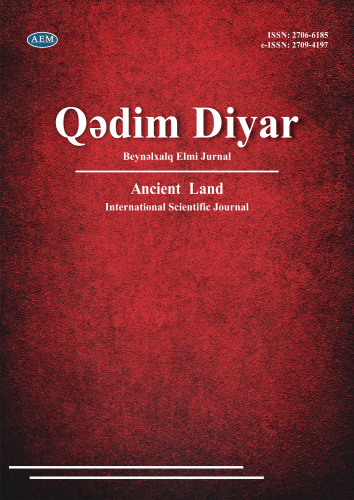DOI: https://doi.org/10.36719/2706-6185/46/72-76
Gunesh Mammadova
Azerbaijan National Academy of Sciences
PhD student
https://orcid.org/0009-0002-1296-4969
gunes.ehmedova.89@mail.ru
Depiction of 20th-Century German Society in Gunter Grass's
Novel “The Tin Drum”
Abstract
Günter Qrass` s “The Tin Drum” is one of the most significant works of 20th century European literature. The novel’s protagonist Oskar Matzerath, refuses to grow up at the age of three, continuing to perceive the world through a child s perspective. The traumas of war and and fascizm are symbolized through Oskar `s character. His tin drum and unique voice serve as the key symbolic elements in the novel. Grass employs magical realism and modernist techniques to critique Germany s confrontation with its fascist past . The novel explores themes such as the rise of fascism , collective responsibility and guilt. It examines the impact of Nazi ideology on society , the adaptation of individuals to this ideology and the moral dilemmas caused by war. Oskar s refusal to grow represents the german society `s reluctance to acknowledge its past sins. The novel raises historical and philosophical questions, delving into the concepts of responsibility and guilt in post-war german society.
Keywords: fascism, war, trauma, society, symbolism, magical realism

